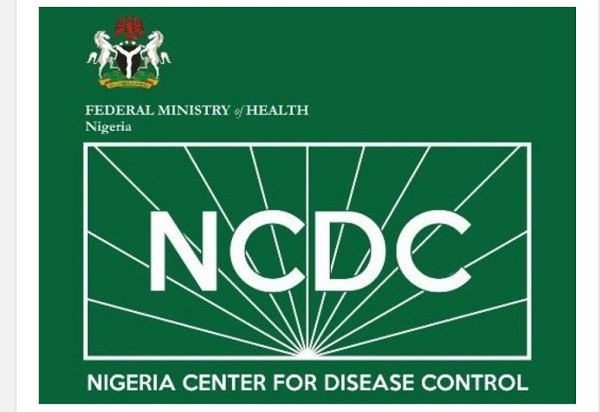
The Nigeria Centre for Disease Control and Prevention (NCDC) has sought to allay public fears following the global detection of the SARS-CoV-2 XEC sub-variant.
The agency reassured Nigerians that, although this variant has been identified in 29 countries, it has not yet been detected within Nigeria’s borders.
In a public advisory issued at the weekend in Abuja, the director-general of the NCDC, explained that the XEC sub-variant, a descendant of the Omicron JN.1 lineage, is currently classified as a Variant Under Monitoring (VUM). This classification indicates that it is being closely observed for potential concerns but does not yet pose a significant risk.
“The XEC sub-variant has been reported in regions including Europe, Asia, North America and Africa, with Botswana being the only African country to record cases so far. While the subvariant displays higher transmissibility, there is currently no evidence indicating increased disease severity,” Idris stated.
Dr. Idris also disclosed that Nigeria has been monitoring the JN.1 variant, which is classified as a Variant of Interest (VOI) and has been present in the country since January 2024. He reassured Nigerians that the National COVID-19 Technical Working Group is conducting ongoing surveillance and data analysis to stay ahead of any potential threats.
Additionally, he noted that a dynamic risk assessment is being organised to enhance the country’s preparedness and response capabilities. He urged health facilities nationwide to increase COVID-19 testing and send positive samples to accredited laboratories for genomic sequencing.
The NCDC director-general encouraged the public to remain vigilant and adhere to basic health protocols, such as frequent handwashing, wearing masks in crowded spaces and ensuring proper ventilation indoors. He particularly advised vulnerable groups, including the elderly and individuals with underlying health conditions, to exercise caution.
“COVID-19 remains a significant risk, especially for the elderly, those undergoing cancer treatment, organ transplant recipients and individuals with weakened immune systems. We urge Nigerians to get vaccinated and receive booster doses as recommended,” he emphasised.
He also called on state governments to improve public health infrastructure, provide resources for enhanced surveillance and diagnostics, and promote public health education. Idris reaffirmed the agency’s commitment to supplying Nigerians with accurate and timely information regarding the evolving COVID-19 situation globally.
He urged citizens to avoid misinformation and rely on verified updates from official NCDC channels. For assistance, the public can contact the NCDC via its toll-free number 6232 or through its social media platforms.
According to Science Nigeria, the XEC variant of COVID-19 is a recombinant strain, resulting from the combination of genetic material from two or more existing variants of the SARS-CoV-2 virus. Recombinant variants can emerge when different strains infect the same individual and exchange genetic material during replication, leading to new variants with unique properties, such as increased transmissibility, virulence, or resistance to immunity.
The XEC variant was reportedly first detected in Australia and has since been identified in multiple countries. The SARS-CoV-2 virus, responsible for COVID-19, has undergone numerous mutations since its emergence in late 2019, leading to the identification of various variants classified into four main categories based on their global public health impact:
1. Variants Under Monitoring (VUM): Variants with genetic changes that may affect virus characteristics but lack sufficient evidence of public health impact (e.g., the XEC variant).
2. Variants of Interest (VOI): Variants with evidence of increased transmissibility or immune evasion but without significant global impact yet (e.g., JN.1, reported in 132 countries, including Nigeria).
3. Variants of Concern (VOC): Variants that significantly affect transmissibility, severity, or immunity, posing a major public health threat. Examples include:
– Alpha (B.1.1.7): First identified in the UK.
– Beta (B.1.351): First identified in South Africa.
– Delta (B.1.617.2): First identified in India.
– Omicron (B.1.1.529): First identified in South Africa and Botswana, with sub-variants such as BA.5 and XBB.
4. Variants of High Consequence (VOHC): Variants that severely impact treatments, vaccines, or diagnostics. No variants currently fall into this category.
While thousands of mutations have been tracked globally, only a few variants are monitored for public health significance. Nigeria’s NCDC, together with global health organisations like the WHO, continues genomic surveillance to monitor and respond to emerging variants.

